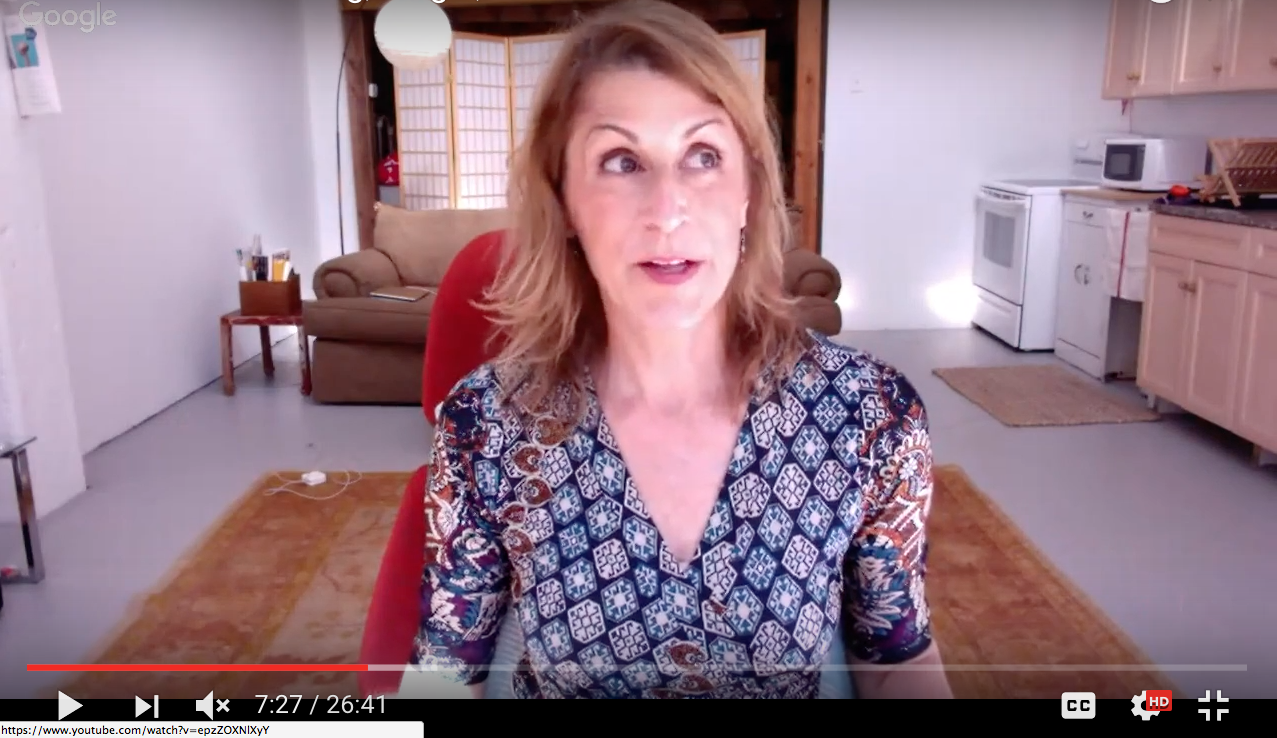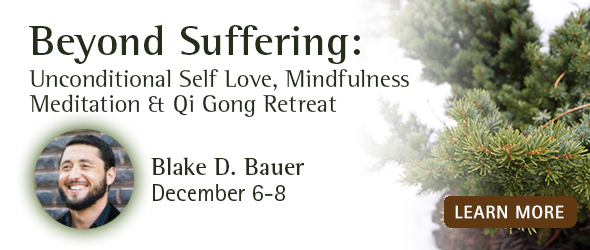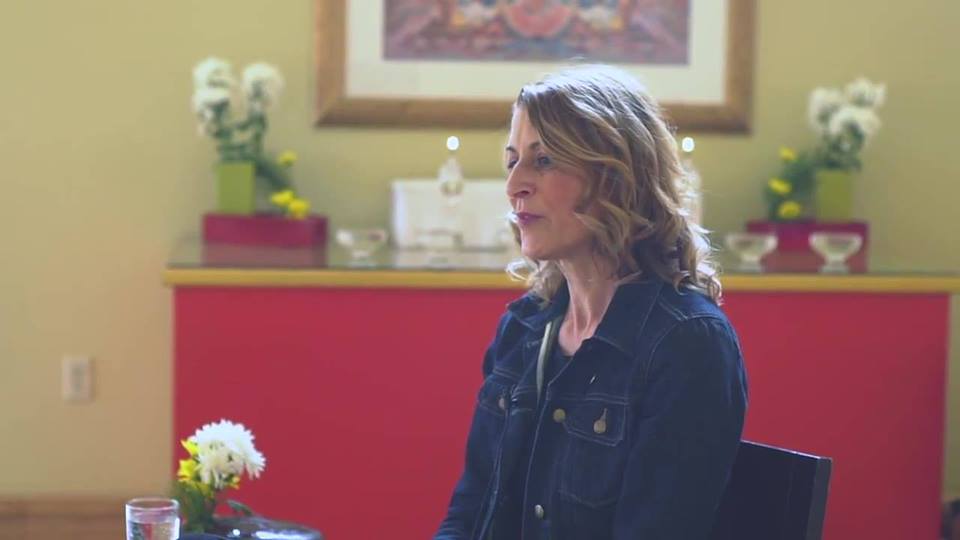How I Discovered the Four Noble Truths of Love
By Susan Piver //
Some time ago, my husband, Duncan, and I were locked in a state of ongoing disagreement. This disagreement had no center, theme, object, or subject. It was more like a demonic presence. Whatever we discussed gave rise to conflict, whether it was about what time to leave for the movies, if the dishes in the dishwasher were clean or dirty, which bank to use, or if we belonged together as a couple. Once we even argued about what time it was. Even a question as simple as “Where do you want to eat dinner?” could provoke talk of divorce. (True story: When I posed this question one night, we were driving on a country road and, for some reason, we exploded at each other. I made him pull over and let me out of the car… in France. I had no idea where we were. I didn’t care—I just wanted out. I walked into a field until I got scared and went back to the car, arms folded.)
When we were to go somewhere, we disagreed about what we would do once we arrived. When someone said something to us, we disagreed about what it meant. When we attempted to discuss our relationship woes, we disagreed about how to discuss them, where to lay blame, and how to resolve them. This went on not for days or weeks, but for months. We tried many solutions: talking, not talking, making love, avoiding each other, yelling, ignoring, and, finally, at least for me, just sobbing. Blah, blah… nothing worked. Every interaction ended with anger, hurt feelings, or numbness. I felt so lonely, and I am sure he did too. What was going on? There was nothing to argue about, yet everything provoked conflict. It was dreadful, terrifying. We were afraid to go near each other.
I thought, I have no idea where to begin fixing this. I was ready to admit defeat. Then a voice whispered to me: Begin at the beginning. (Why are these voices always so simple and correct? And why don’t they pipe up earlier?) The voice continued: At the beginning are four noble truths. They are
Life is suffering (because everything changes).
Grasping is the cause of suffering.
It is possible to stop suffering.
There is a path for doing so.
As a twenty-years-plus student of Buddhism, these words meant something to me. What would the dharma say about my dilemma, I wondered. Why had I never thought to examine this question in relation to my relationship? After all, my Buddhist practice and study had been an unfailing guide for two decades in all other areas of my life.
But how could these ancient truths be applied to my search for a lasting relationship? Since the majority of great teachers lived in monasteries or caves and turned their backs on the things of this world so that they could fully embrace the spiritual path through prayer, devotion, and unconventionality, I had subtly imagined that their teachings would not be relevant to my modern love-life problems. I mean, they lived in monasteries, not apartments. They meditated in forests, not on the subway. They had no spouses, possessions, jobs, or bank accounts. Yes, they taught deeply, brilliantly, piercingly about love and the sacred world of emotions, but I never thought to apply these teachings to twenty-first-century love affairs, relationships, and heartbreak. When I did, I found a source of profound illumination that enabled me to work with my relationship problems—not to resolve them and tie them up with neat bows, but to follow an unerring roadmap back to love and intimacy. Best of all, this roadmap was not useful just to me, but to my husband as well, even though he is not a Buddhist practitioner. No particular beliefs, dogmas, or practices were needed to mine this wisdom.
When it comes to the possibilities inherent in bringing Buddhist wisdom to our relationships, as a culture we are not even at the beginning. In many ways, we are still approaching the starting line. To apply a Buddhist viewpoint to relationships is eyeopening. It points to a radically different worldview, one that runs counter to the spirit of much of the conventional advice we receive. It prioritizes unending curiosity over conclusiveness in such a way that conclusions are never arrived at while openness of heart and of mind continue to expand. It posits having no agenda as a path to attainment. It suggests that the solution to problems in the outer world are solved by making changes within and that problems within are solved by dissolving the boundary between self and other. To examine these views carefully is to turn ourselves upside down over and over and, rather than finding explanations by stabilizing in the upside- down, we find what we seek in the turning itself.
Join Susan Piver for Open Heart Project Retreat: Exploring The Four Noble Truths of Love, June 27-July 1, 2018 — Click here to learn more
About the Author







